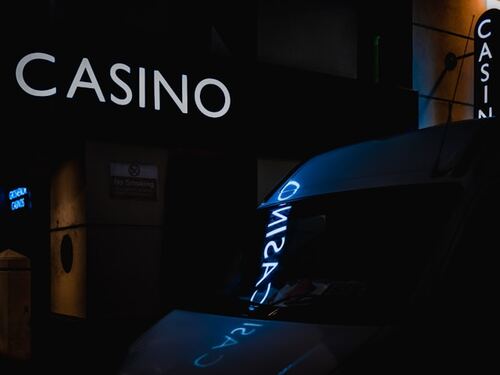Reload bonuses are designed to reward returning players with extra funds after deposits. Unlike welcome bonuses that apply only once, reload offers repeat weekly or monthly. For example, Betsson provides a 50% reload bonus up to €100 every Friday in several European markets. LeoVegas has offered reloads tied to themed events with 25% match bonuses. These recurring promotions encourage loyalty while ensuring operators comply with responsible gambling frameworks set by regulators such as the Malta Gaming Authority, licensed since 2001.
How Operators Structure Reload Offers
At Unibet Casino, reload bonuses are often linked to specific days or minimum deposits, making them predictable. A standard model is a 50% match on a €20 minimum deposit, capped at €200. Some brands like Mr Green add free spins as part of reload packages. According to iGB Affiliate reports, reload bonuses typically range from 25% to 75% matches, with average maximum values of €100–€300. This structured approach allows casinos to control costs while giving players regular incentives.
Wagering Requirements Define Real Value
Wagering requirements decide how practical a reload bonus is. If a €100 reload bonus carries a 35x playthrough, the player must wager €3,500 before withdrawing winnings. Data from Casino Guru shows that the industry average for reload wagering is 30x–40x, while stricter brands apply up to 50x. Sustainable use depends on choosing reloads with lower requirements, as high playthroughs reduce the real value of the bonus.
Comparison of Common Reload Structures
The table shows how different operators set reload offers across European markets.
| Operator | Typical reload offer | Wagering requirement |
| Betsson | 50% up to €100 weekly | 35x |
| LeoVegas | 25% up to €200 event-based | 30x |
| Mr Green | 50% up to €50 plus 50 spins | 40x |
| 888 Casino | 30% up to €150 monthly | 30x |
| Unibet | 25% up to €100 weekend | 35x |
These figures illustrate the balance between frequency, bonus size and playthrough terms.
Regional Rules Shape Bonus Use
Jurisdictions apply restrictions on bonus frequency and structure. In Sweden, Spelinspektionen limits casinos to one bonus per customer, effectively removing reload promotions since 2019. In the UK, the Gambling Commission requires that bonus terms are displayed transparently, banning misleading promotions. In contrast, markets like Malta and Canada allow reloads freely, provided operators publish wagering rules clearly. Regional differences mean that players in one country may see regular reload offers, while those in another see none at all.
Sustainable Use Depends on Frequency
Responsible use of reload bonuses means setting limits on how often they are claimed. Research from the Responsible Gambling Council in Canada highlights that players who use reload offers more than three times a week are more likely to exceed their intended gambling budget. Sustainable patterns include:
- Choosing bonuses with 25%–50% match percentages.
- Limiting reload claims to once per week.
- Preferring reloads with wagering below 35x.
- Avoiding reloads that tie players into long promotional cycles.
These practices ensure bonuses support entertainment without becoming financial pressure points.
Effect on Player Behaviour
Reload bonuses extend average session length and deposit frequency. A study by Eilers & Krejcik Gaming in 2022 reported that players using reload bonuses increased deposits by 17% compared to those not using them. Yet casinos also balance offers with affordability tools such as deposit limits and self-exclusion. The design of reloads aims to maintain loyalty without crossing into excessive play.
Provider and Operator Strategies
Software providers also influence reload mechanics. NetEnt and Play’n GO supply slot content frequently bundled into reload campaigns, such as themed free spin reloads for new releases. Operators then combine these with percentage match offers. Bet365, for example, has structured reloads around major sporting events, linking casino bonuses to football or tennis tournaments. These strategies integrate promotions into seasonal cycles, keeping offers relevant without overwhelming players.
